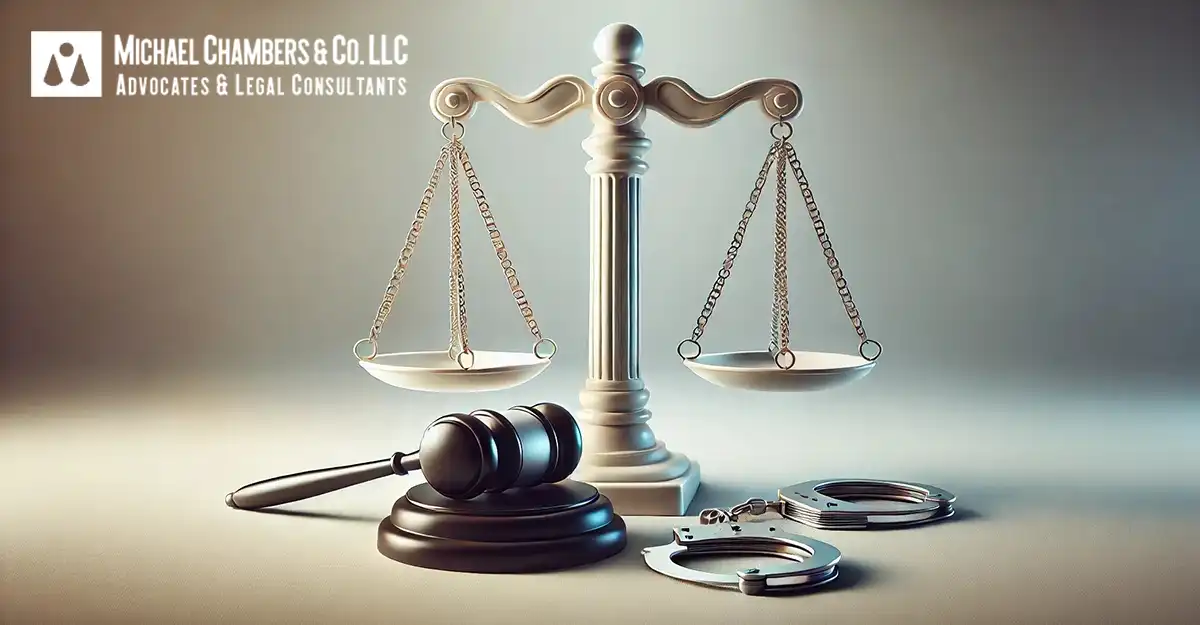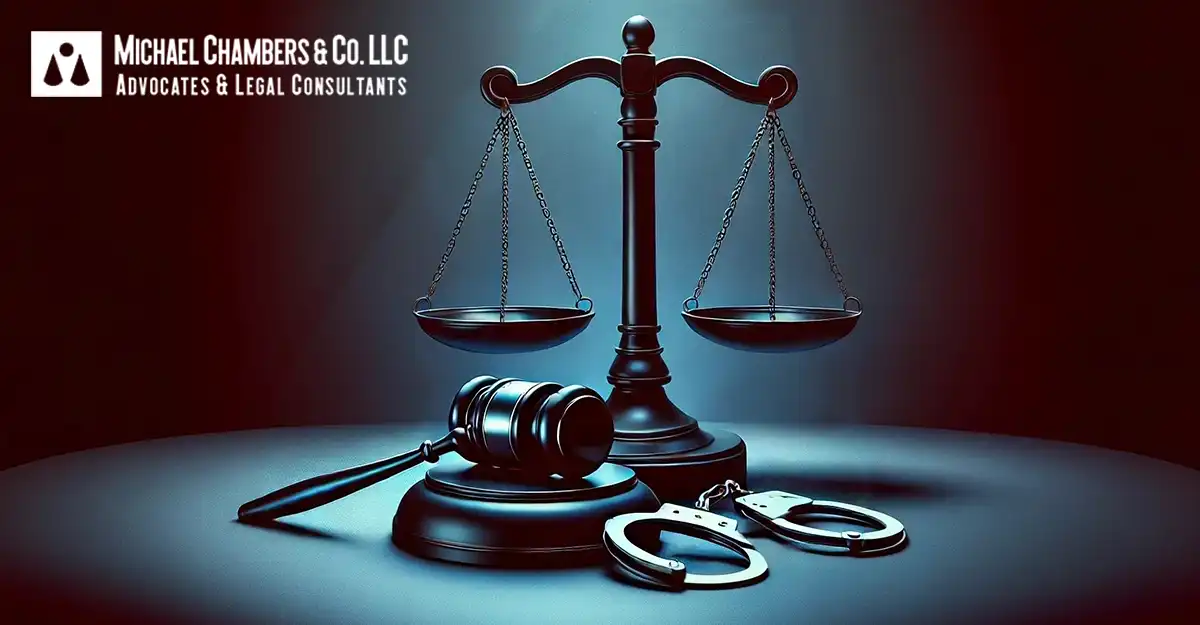Copyright is a right granted to the creator of an original work to exclusive use of that work for a period of time limited by law.
In Cyprus copyright is governed by the Copyright Section of the Department of the Registrar of Companies and Official Receiver. The governing laws are: N.63/77, N.18(I)/93, N.54(I)/99, N.12 (I)/2001, N.128 (I)/2002, N.128 (i) 2004 and N.123 (I) 2006.
Copyright protection vests automatically and there is no need as such for an author/owner to register his right in order to benefit from protection. The law aims to protect those who create original works by preventing others from copying or exploiting their works.
Copyright can subsist in a diverse range of creative works such as:
- Scientific works;
- Literary works;
- Musical works;
- Artistic works;
- Cinematographic films;
- Photographs;
- Sound recordings;
- Broadcasts.
In general copyright will be deemed to subsist for 70 years from the date of the death of the author of the work. In the case of films, the 70 year period will start to run from the date of the death of the last of the producer, the primary director, the script writer, the screenplay writer and the composer of music for the film.
In order for the rights to be recognized, the beneficiary seeking to protect the work must be a citizen of the Republic of Cyprus who habitually resides in Republic of Cyprus, a legal person established in Republic of Cyprus, or a citizen of another Member State of the European Union.
Copyright protection permits the owner of the copyright the exclusive right to control in the Republic of Cyprus the reproduction, sale, rental, distribution, lending, advertising, exhibiting in public, communicating to the public, broadcasting, translation, adaptation and other arrangement of the whole or a substantial part of a work. It is also an infringement of copyright to import into the Republic of Cyprus or export out of the Republic of Cyprus infringing articles.
Various orders may be sought by a person seeking to protect his rights, including injunction and an order to destroy infringing goods. Moreover, the criminal sanctions for infringement can include penalties of fines and imprisonment of up to three years duration.
The owner of copyright is most often the author of the work, however (subject to agreement to the contrary) in the case of a work specifically commissioned then ownership will vest in the commissioner. Moreover works made in the course of employment as part of the employee’s duties under a contract of employment will belong to the employer.
Copyright is transmittable by assignment, testamentary disposition and operation of law. An assignment or exclusive license must be granted in writing and it is possible to assign or pass by will a future work.
Michael Chambers & Co. LLC’s team of intellectual property lawyers can advise on whether copyright subsists in a work, infringement proceedings as well as transmission of ownership. If you wish to speak to one of our intellectual property lawyers then please contact us.


